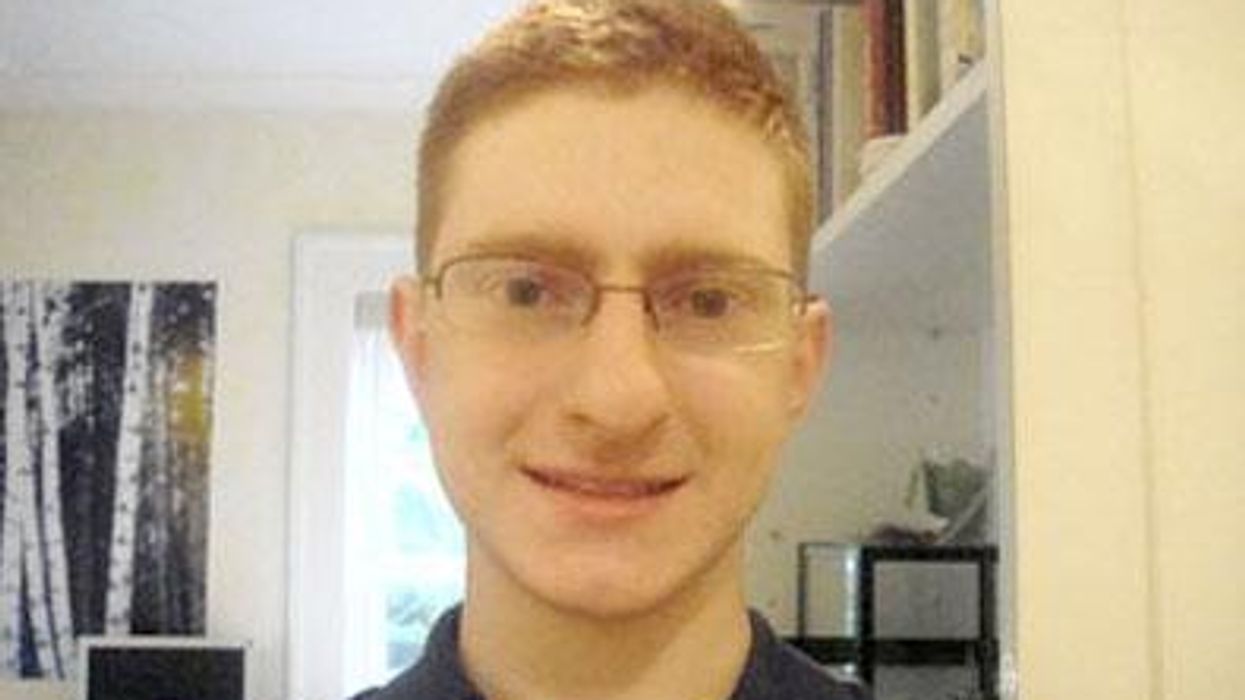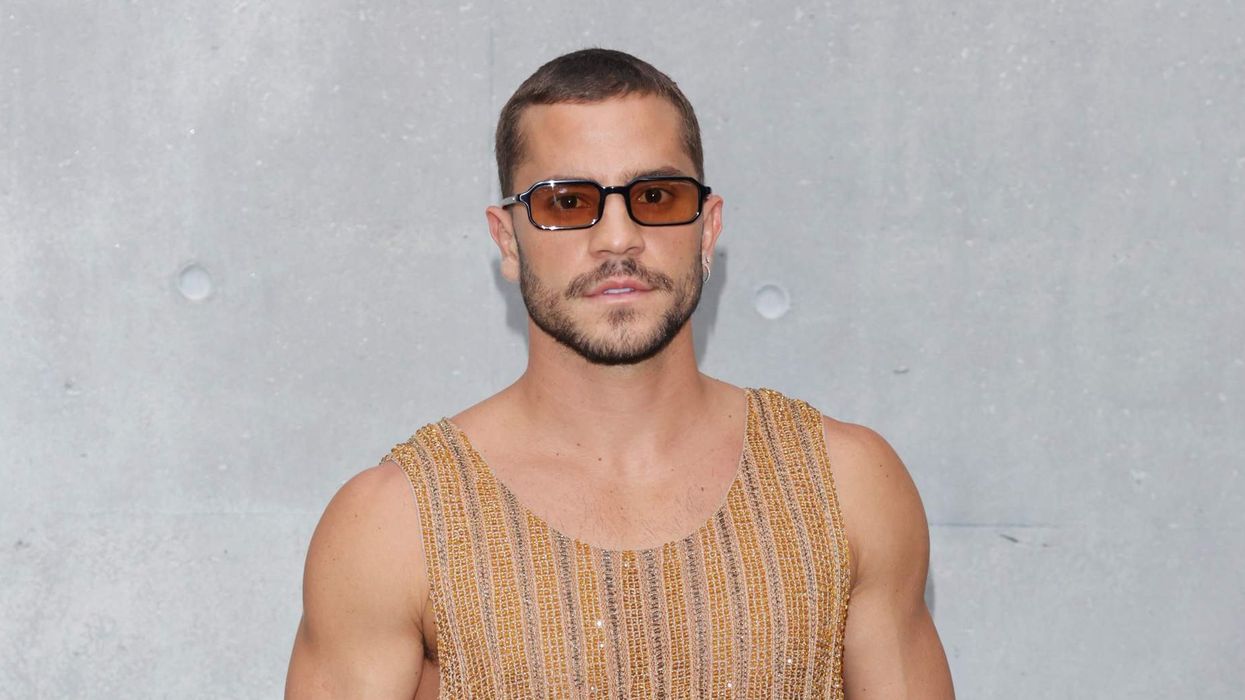The suicide of Rutgers student Tyler Clementi after a private encounter with a man was streamed live on the Internet has drawn national attention to the plight of LGBT students on campuses. Another suicide, that of Raymond Chase, a sophomore at Johnson & Wales in Providence, R.I., has amplified the growing concern that we are leaving our LGBT students without adequate support and protection. For Sue Rankin, associate professor of college student affairs in Penn State's College of Education, Clementi's suicide is part of a wider pattern of harassment that she has been studying for years. Last week she presented her report, 'The 2010 State of Higher Education for LGBT People,' -- the most comprehensive national report to date chronicling the experiences of lesbian, gay, bisexual, and transgender (LGBT) individuals at U.S. colleges and universities -- to Congress. Here she reveals some of her startling findings.
Out:The popular conception that people are coming out younger -- that it's easier to come out -- appears to be challenged by the results of your study.
Sue Rankin: It's not only challenged -- I think that some of the students anecdotally indicated that they were out in high school and actually went back in the closet, if you will, when they got to college because of fear of retaliation for being gay. I guess my biggest surprise is that it doesn't get better when you move from high school to college. In my 2003 study we found similar levels of harassment happening, and my hope was that we'd find that decreasing over the last 10 years. It seems not to be the case.
Is it a fear of violence?
We found decreases in the physical violence, but it's the subtle things that I call those 'micro-aggressions,' a thousand tiny little pinpricks that finally add up to a student leaving an institution. Or, in the most serious case, taking their own life -- as in the case of the young man from Rhode Island that we just heard of this morning, and the student at Rutgers.
In the case of Tyler Clementi, while conjecture is premature, the salient fact seems to be the use of technology to invade his privacy. Does your study explore this aspect of campus life -- the way people are using social media to intimidate others?
We add a choice to the survey response form. If they answered 'yes' to a question of experiencing harassment, they had a series of questions about the form of harassment: where it occurred, what they did in response to it, etc. And we added a response to ask about social network sites like Facebook or Twitter. Those were significant, in terms of the number of students who said they were experiencing harassment. That said, I think technology is a blessing and a curse. I think it allows students who are closeted to be able to have a means of finding resources on their campuses, helping them find networks for themselves, but it also a curse in that it's a very public site, and sometimes they are used for outing people when they don't wish to be known.
In your study were there any particular stories or anecdotes that struck you as poignant examples of this trend?
There's one in particular in regards to the kind of fear that pervades campuses. One of the students was talking about an incident that occurred on his campus. He was walking across campus, and stumbled on a rally, and one of the people at the rally yelled, 'We can either accept homosexuals or burn them at the stake -- are you with me?' And a large group of students started yelling, 'Burn them.' This student wrote, 'There I was, in the midst of it all, with a rainbow flag on my bag, alone and very scared.'
That's unbelievable.
And when we asked the questions, it was specific to the last year. This wasn't something that happened 10 years ago.
It sounds like Nazi Germany. It does seem that LGBT rights are the single most polarizing issue on campus.
It is definitely polarizing. Having done this for a long time one of the things that was so disturbing to me is that only 7% of our campuses have any resources institutionalized to serve LGBTQ populations. That's astounding to me. We have very few institutions, I think it's 13%, that have nondiscrimination clauses that are inclusive of sexual orientation and gender identity. So even in our policies, we are not being inclusive.
And education is supposed to be the foundation of equality and democracy. Our higher education institutions should be leading the way.
The most important thing for me is that these challenging climates for both faculty staff and students both impede student learning and impede student development, and that's what they are going to college for -- learning and development. Our whole role is to have students learn and develop in a healthy fashion, and they can't do that in this climate. They don't develop. They hide their sexual identity for the years they are in college, at a time when they should be developing that identity.
For breaking news, including updates about Tyler Clementi and Raymond Chase, visit Advocate.com.






























